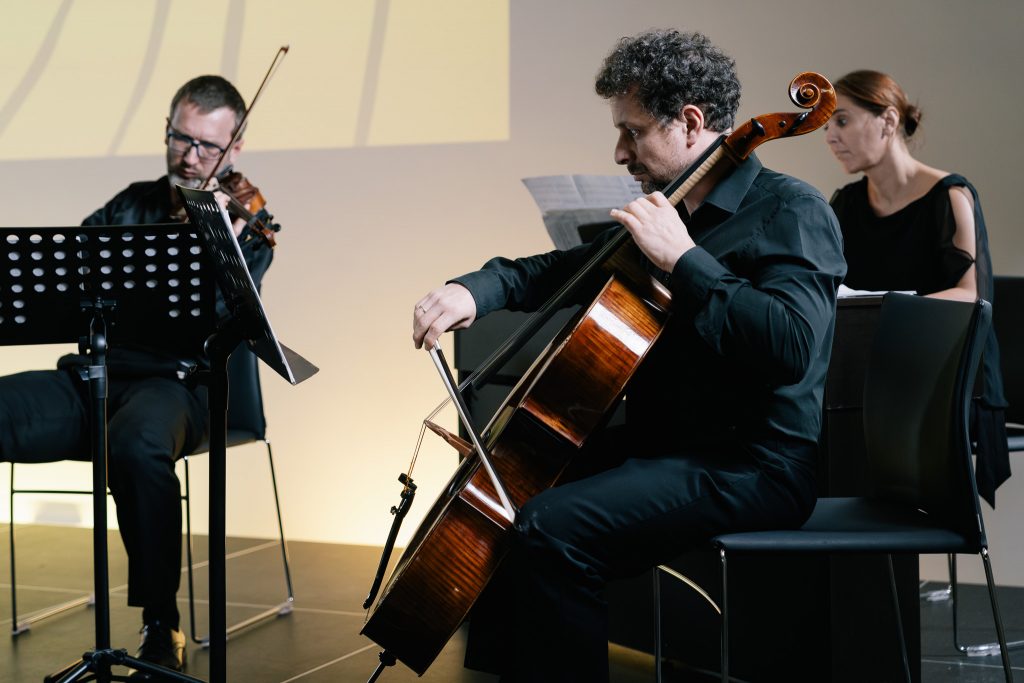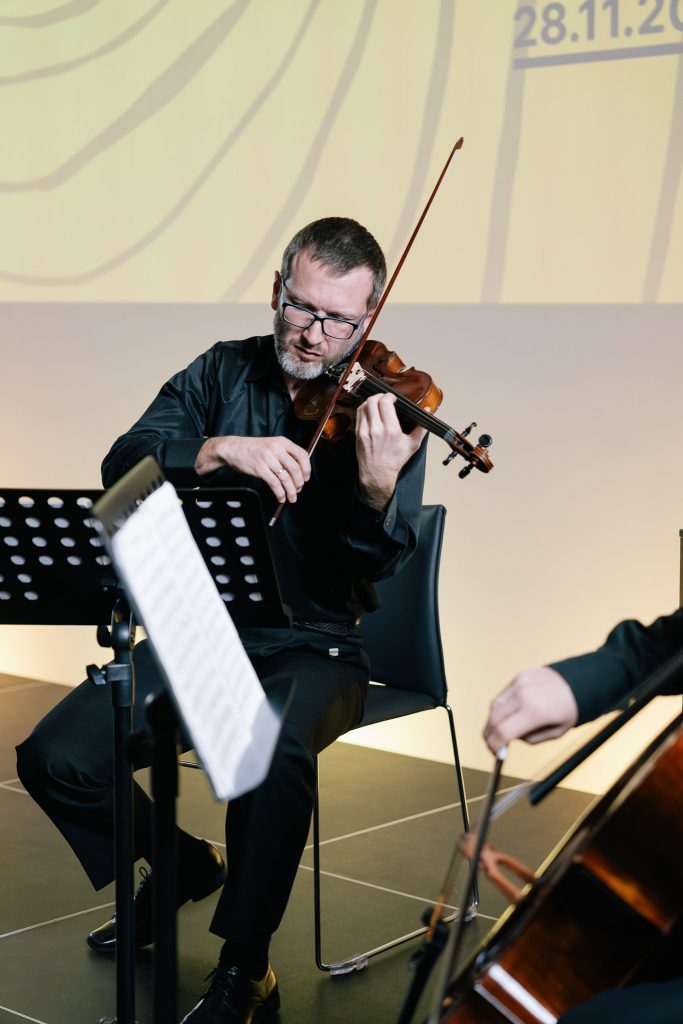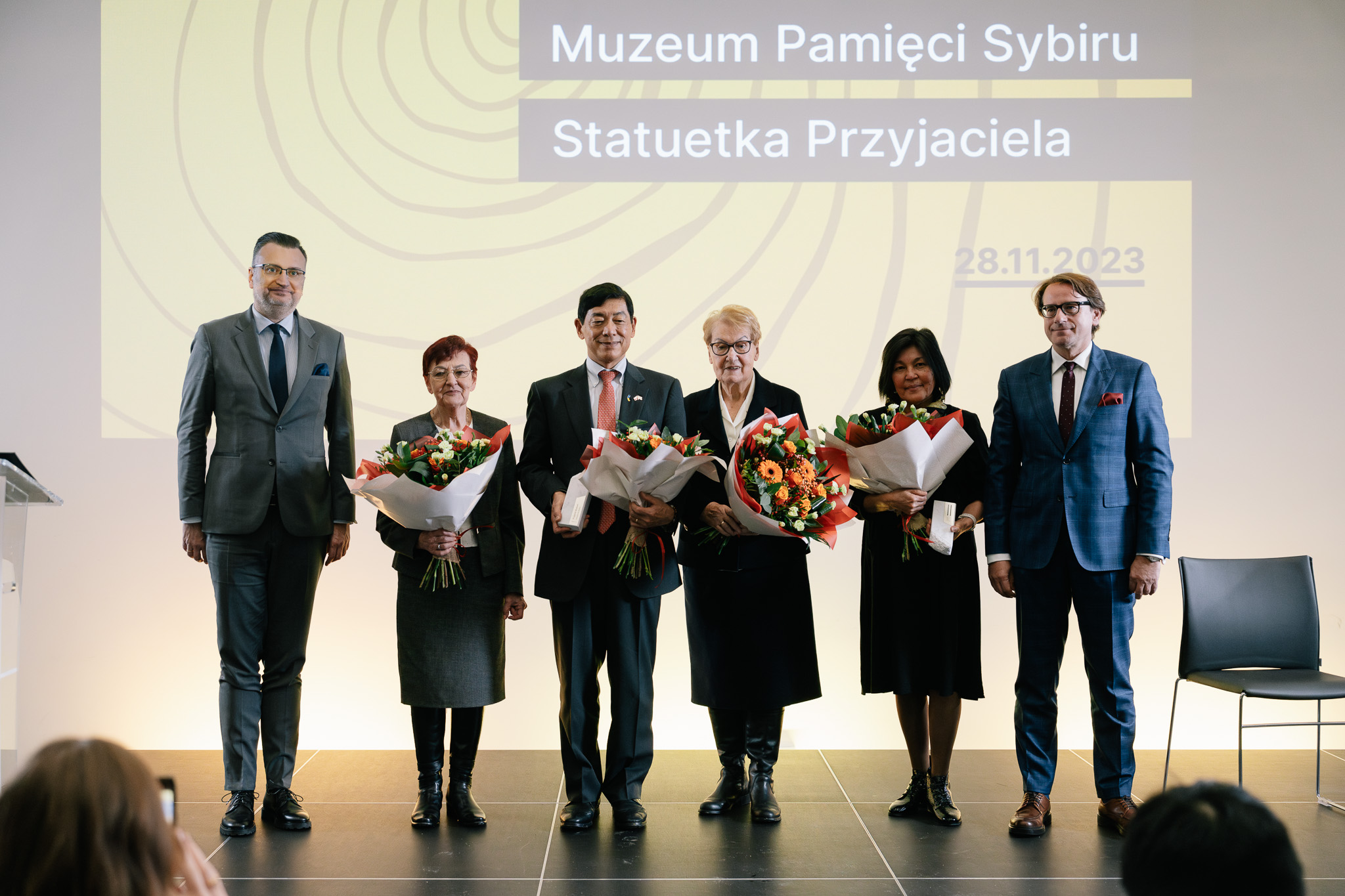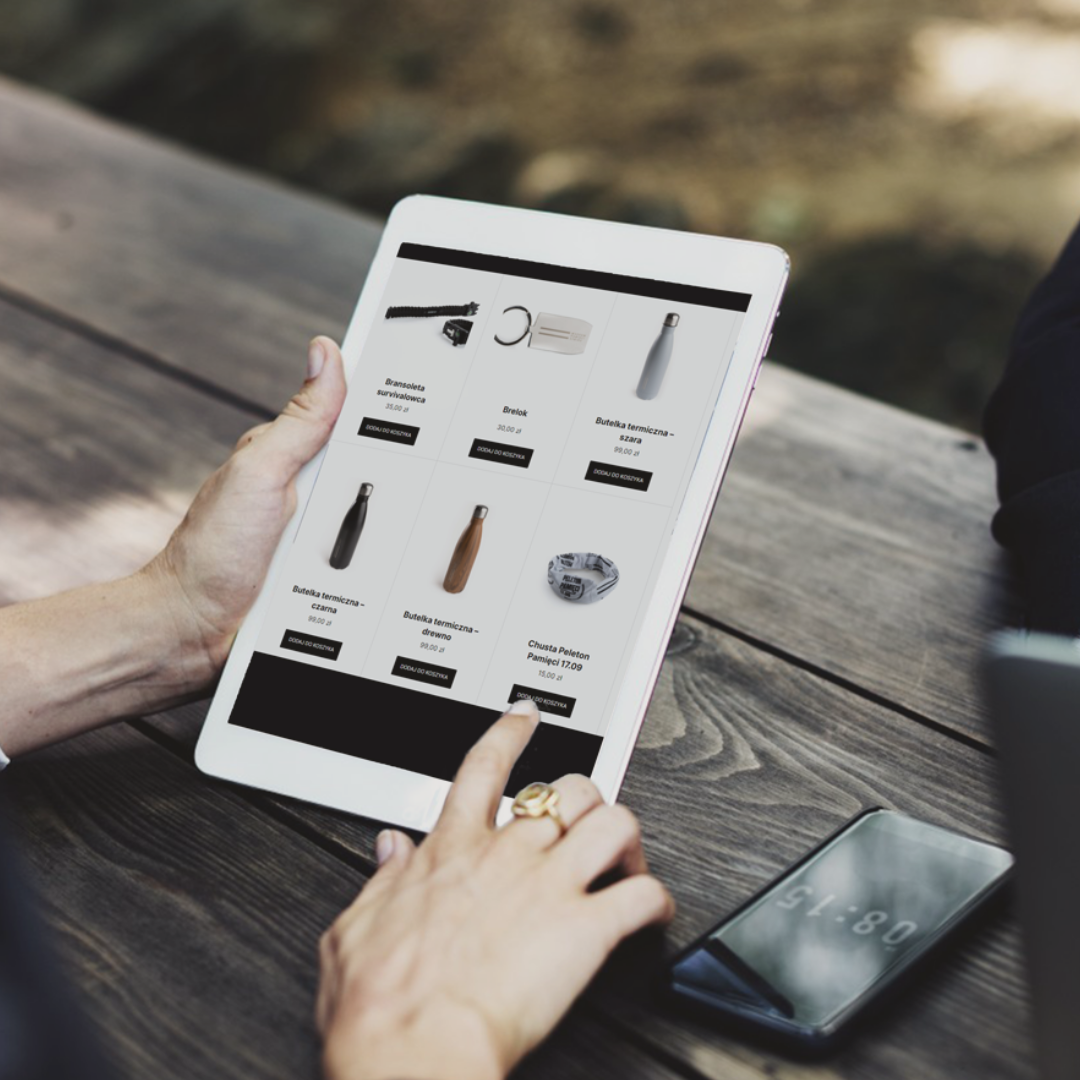— The statuette honors people who have shown particular commitment to the Museum and to the mission that our institution fulfills: saving the memory of Polish and European Siberia — said the Director of the Sybir Memorial Museum, Professor Wojciech Śleszyński, welcoming the audience.
Deputy Mayor of Białystok Rafał Rudnicki, Vice-Chairman of the Education and Upbringing Committee of the City Council — Marek Tyszkiewicz and Sybiraks with the President of the Association of Siberian Deportees, Białystok Branch, Jolanta Hryniewicka, at the head came to attend the event.
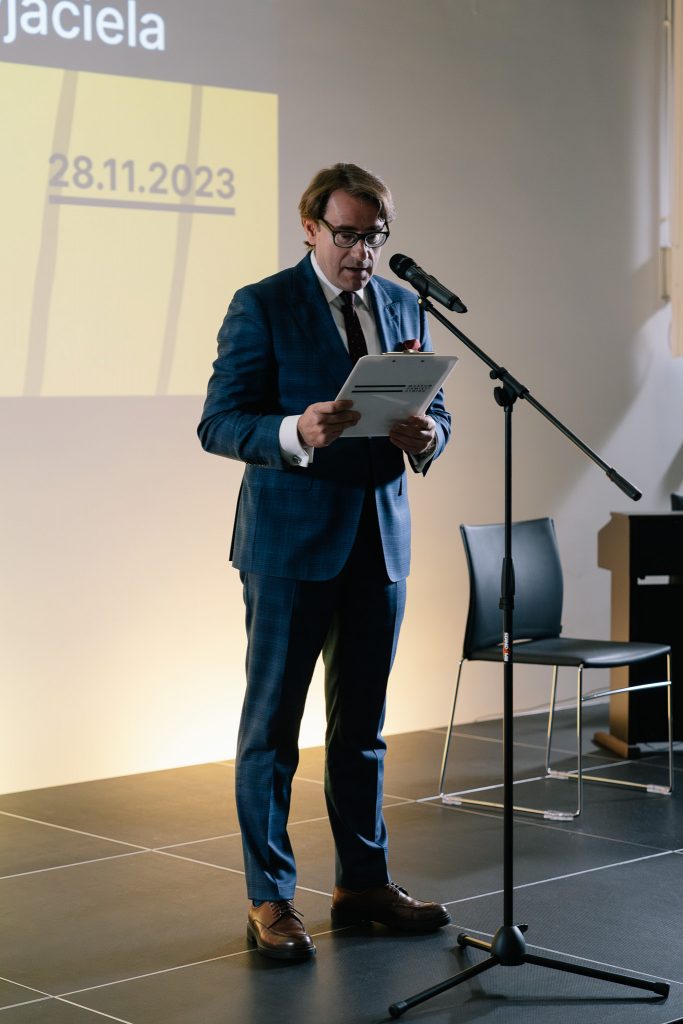
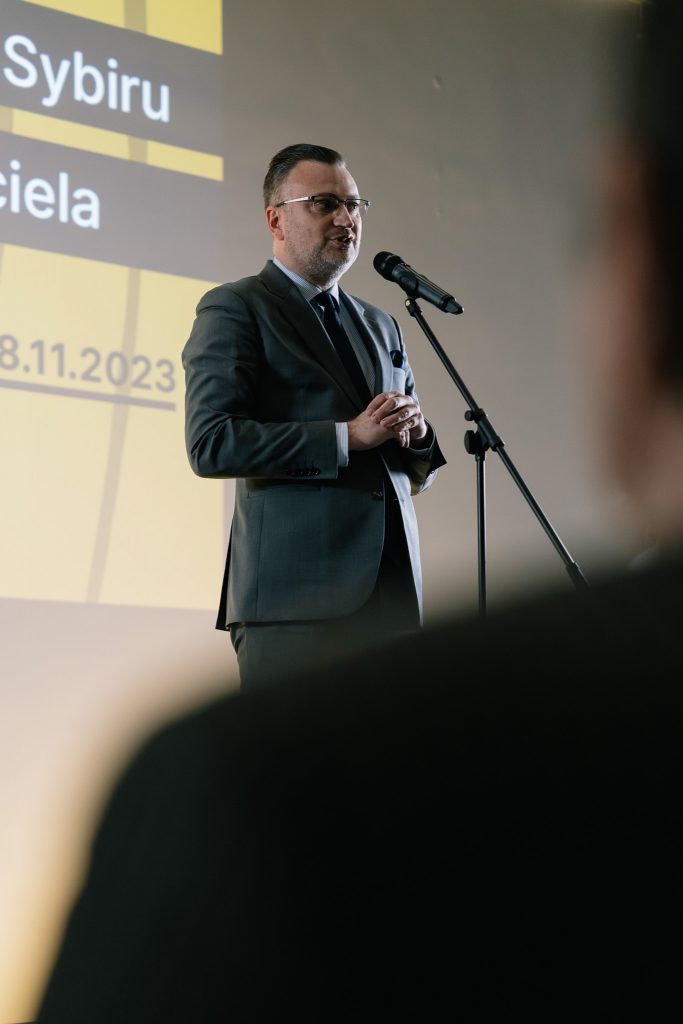
— Each edition of the statuette confirms my conviction that the mission with which the Museum was created, to tell the story of all those who found themselves on the ‘inhuman land’, about what happened there, is successful thanks to the merits of Director Śleszyński and the Museum employees — said Rafał Rudnicki to the audience.
This year’s awards, i.e. the title ‘Friend of the Sybir Memorial Museum’ and commemorative statuettes in the form of a block of marble went to Teresa Borowska who is a Sybirek, Akio Miyajima, the Japanese Ambassador to Poland, and Professor Ziyabek Kabuldinova from Kazakhstan.
Teresa Borowska
Teresa Borowska, née Walkiewicz, was born in 1941 as the daughter of Jadwiga and Leopold. The Walkiewicz family lived in Białystok before the war, Teresa’s father was an accountant at the Provincial Office.
In June 1941, Jadwiga Walkiewicz, who was seven months pregnant, was deported with her two children deep into the Soviet Union. They ended up in the sovkhoz of Lebezhynsky in the Altai Krai, where Teresa was born.
From September 1941 they lived in Stara Bardo, and from 1943 in Biysk. They returned to Białystok in September 1945. They were never able to see the father of the family again — he was murdered in Warsaw in 1944.
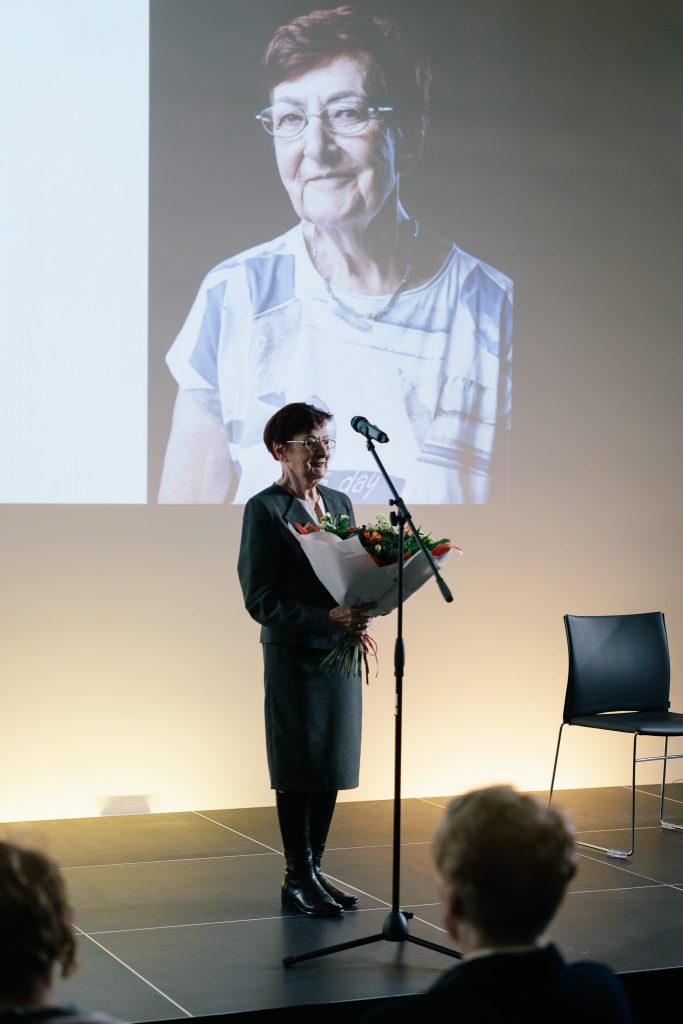
Teresa Borowska has been involved in the activities of the Association of Siberian Deportees for years, and since this year she has been the vice-president of the Białystok branch of the Association.
She was one of the guardians of the Museum of Sybiraks, which was founded by the Siberian Community by the Holy Spirit Parish in Białystok. When our facility was established, she was committed to helping transfer the collections to the Sybir Memorial Museum. We then took over the care of over 430 objects, for which we are extremely grateful to Sybiraks.
She always willingly supports the Sybir Memorial Museum in the implementation of its mission, for example by sharing her testimony with the public. She donated several dozen photos from the family archive to our collection. She also agreed to become one of the Ambassadors of our first temporary exhibition, entitled ‘Only Pain is Mine’, the opening of which will take place this Friday.
Receiving the statuette, Teresa Borowska said: — ‘As long as I am alive and have enough strength, I will work for Sybiraks and help the Museum.’
His Excellency, Ambassador of Japan to Poland, Mr. Akio Miyajima
Akio Miyajima was born in 1957. He graduated from the Faculty of Political and Economic Sciences at the Waseda University in Tokyo. He also completed postgraduate studies at Yale University in the United States.
From 1981, he developed his career at the Ministry of Foreign Affairs of Japan. He worked, among others, at the Japanese Embassy in the Republic of Korea and the United Kingdom, and as Japan’s representative to the United Nations. He was a research fellow at the Royal Institute of International Affairs in Great Britain.
Before he came to our country, he served as the Japanese Ambassador to Turkey. He has been the Ambassador of Japan to Poland since November 2020.
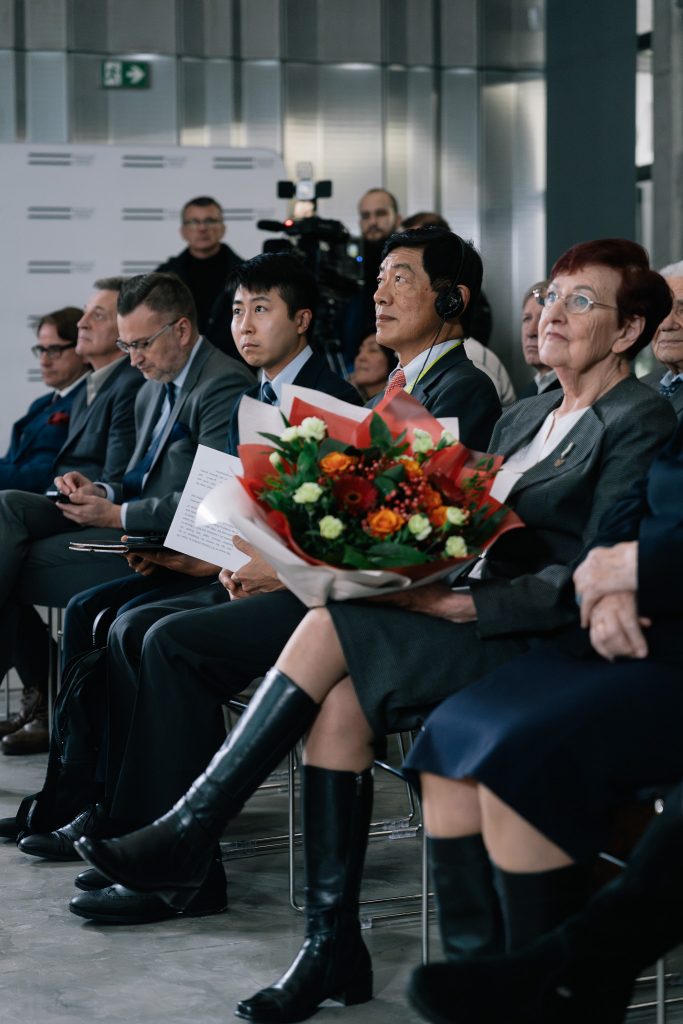
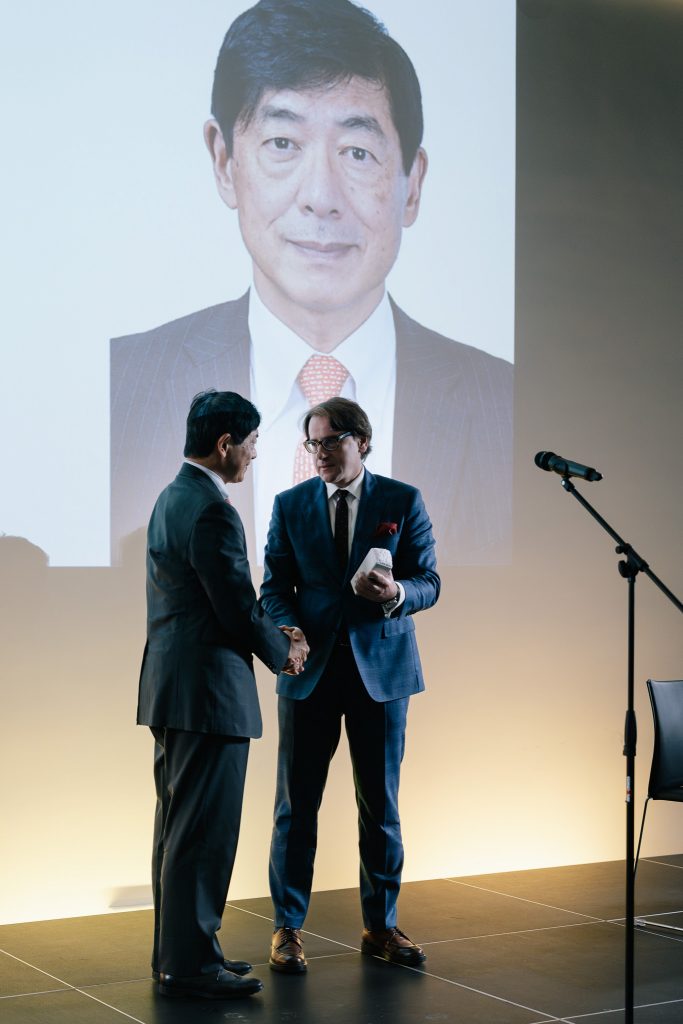
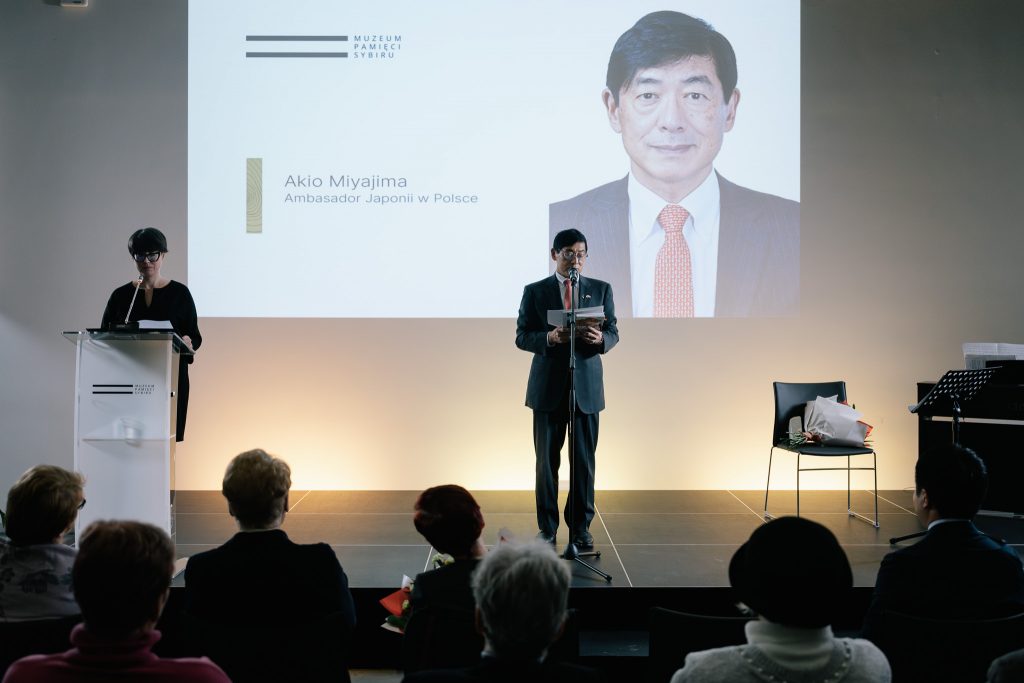
‘He is actively involved in initiatives aimed at disseminating and maintaining the memory of the rescue operation of Polish ‘Siberian children’, both in Poland and Japan. He supports people and institutions involved in researching this episode of Polish-Japanese history’ — we read in the justification for awarding the statuette to the Ambassador.
His Excellency honored us by writing the introduction to the book published by the Museum and written by Sylwia Szarejko, PhD, ‘Polish Children in the Land of the Rising Sun’. He supported us in promoting the book and also took on the patronage of educational activities that the Sybir Memorial Museum prepared for the youngest about ‘the Children of Siberia’.
The ambassador mentioned this in his speech:
— Thank you very much for including Japan’s help for Polish children at the museum’s exhibition. Moreover, I would like to thank you very much for this wonderful initiative, which is the publication of the bilingual, Polish-Japanese book ‘Polish Children in the Land of the Rising Sun’ written by Sylwia Szarejko, PhD. Hoping that the book would become available to many people in Poland, I gave it as a gift along with a letter to the First Lady, Mrs. Agata Duda, and to the Undersecretary of State in the Chancellery of the Prime Minister of Poland, Mr. Jan Dziedziczak. I wrote in the letter that it would be great if the book was available in libraries all over the country — he said.
— Moreover, when I visited the museum last month, my children and I learned about the history of the help of Japan to Polish children. Your efforts to pass on history to the next generations gave me a lot of courage — he added.
Thanking for the honor, the Ambassador drew attention to the role of the Sybir Memorial Museum:
— I have been in Poland for almost three years and every time I learn something about the difficult history of Siberia, I think about how important it is for Poland to remember. The Sybir Memorial Museum plays a key role in passing this memory by collecting, maintaining and exhibiting its collections. I would like to give me best regards to the Director and the museum employees.
Professor Ziyabek Kabuldinov
Ziyabek Kabuldinov was born in 1965. He graduated from the Faculty of History at the Dostoevsky Omsk State University. During his studies, he was the leader the community of Kazakh students at this university. He also studied legislation at the Kazakh Institute of Law and International Relations. He obtained his titles based on dissertations on the history of the presence of Kazakhs in the Russian Empire.
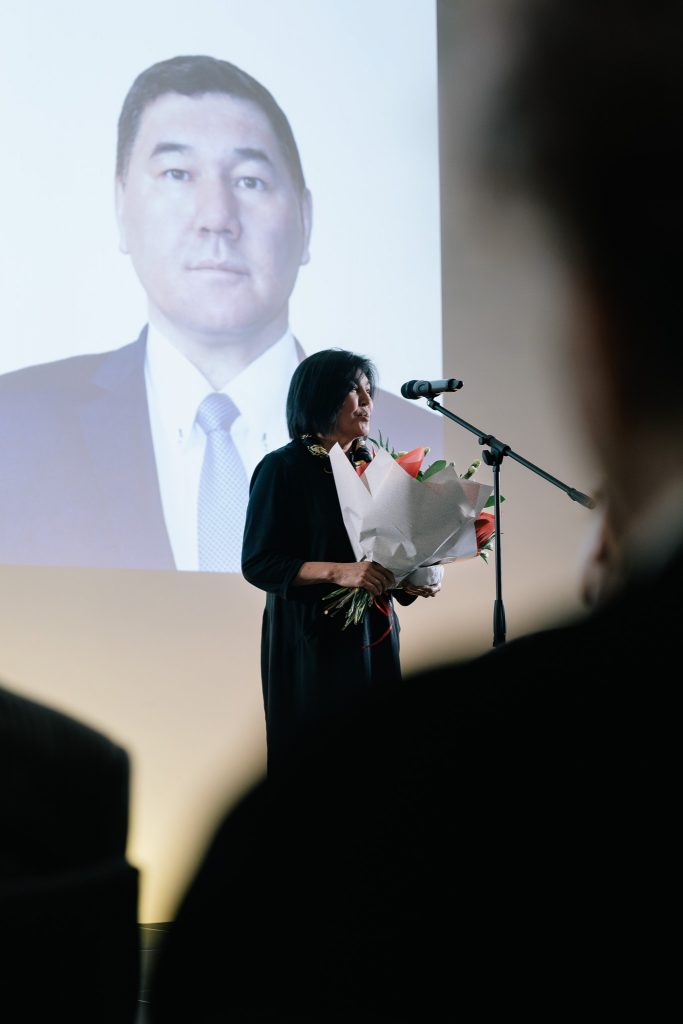
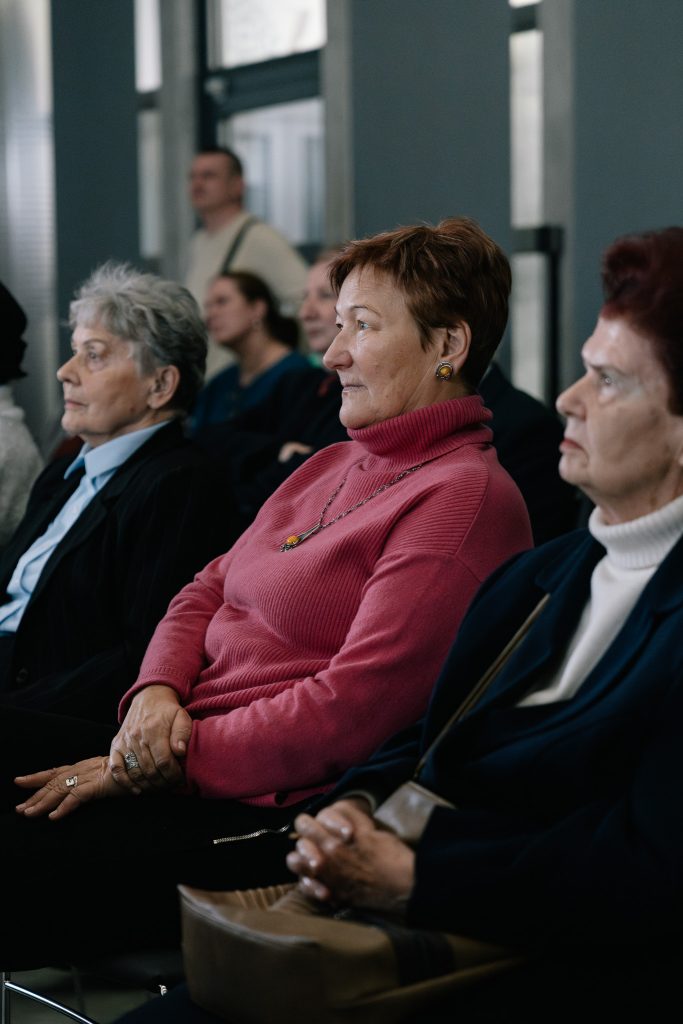
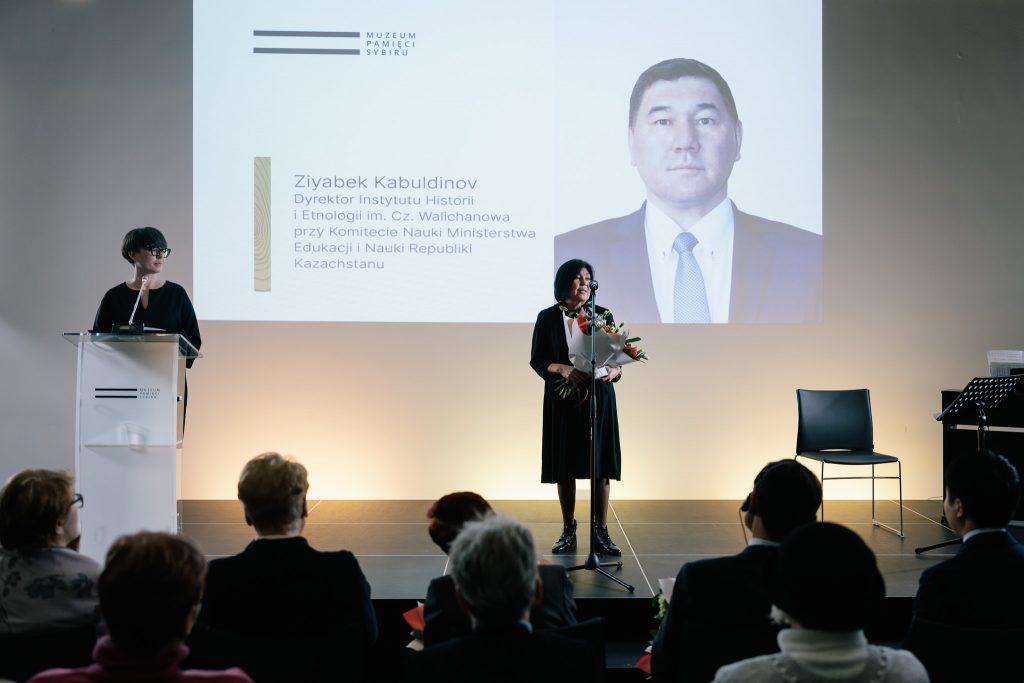
He worked, among others, at the Kainar Academy in Pavlodar, at the L. N. Gumilev Eurasian National University in Astana and the State University named after Toraighyrova in Pavlodar.
Since 2020, he has been the Director of the Institute of History and Ethnology at the Science Committee of the Ministry of Education and Science of the Republic of Kazakhstan in Almaty.
He is the author of numerous monographs on the subject of the history of Kazakhs and Kazakhstan, as well as history school books used by students of Kazakh schools.
Professor Ziyabek Kabuldinov is the Chairman, on the Kazakh side, of the Kazakhstan-Polish Historical Commission. Thanks to common research, he helped the Polish side find previously unknown documents regarding Poles deported to Kazakhstan.
The statuette was received on behalf of Ziyabek Kabuldinov by the professor’s co-worker and secretary of the Kazakhstan-Polish Historical Commission, Manara Kalybekova, PhD, Head of the Department of World History and External Relations/Ch.Ch.Valikhanov Institute of History and Ethnology by the Science Committee of the Ministry of Education and Science of the Republic of Kazakhstan.
— Thank you on behalf of the professor, it is an honor and a very important honor for us, Kazakhs and Kazakhstan. This is an appreciation of our joint work, including in the Kazakhstan-Polish Historical Commission. Thanks to this cooperation, blank spots in the history of Kazakhstan are also being filled. Kazakhs find out about the fate of Poles in their country. Many people did not know about it before — added Kalybekova, PhD.
Jolanta Hryniewicka
Additionally, Mrs. Jolanta Hryniewicka, President of the Białystok Branch of the Association of Siberian Deportees, who is already a friend of the Museum, was honored. Director Śleszyński handed her a commemorative engraving to thank her for her ‘entry into the memory of Polish Siberia, support for Siberian communities and kindness to the Museum.’
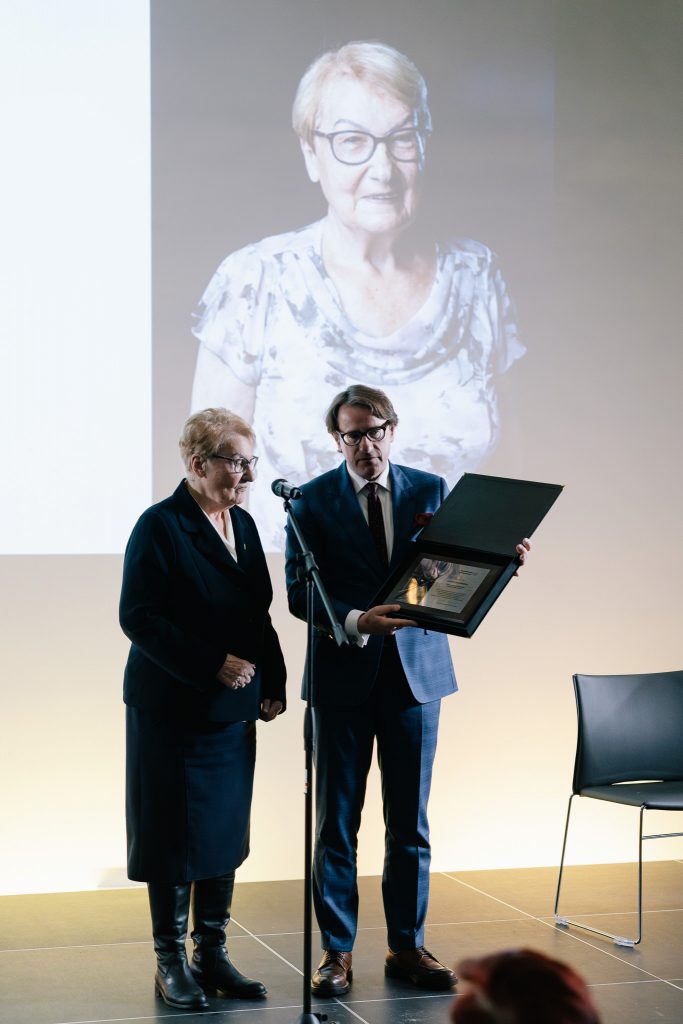
Jolanta Hryniewicka, née Cylwich, was born in Białystok in 1939.
She was deported in June 1941 with her mother and four sisters. Her father, an engineer, was in prison in Białystok at that time. The family reached Novosibirsk. Later she was transported to the village of Karasie. The youngest of the girls died after two months of stay in Siberia. From 1944, the mother and daughters lived in Voronezh. They returned to Poland, to Białystok, in 1946.
Jolanta Hryniewicka worked as an accountant at the National Insurance Office. She has been involved in the activities of the Association of Siberian Deportees for years. For 23 years she served as the secretary of the Białystok Branch. In February 2023, she was elected the President of the Management Board of the Bialystok Branch of the Association of Siberian Deportees.
Mrs. Jolanta Hryniewicka received, among others: the Order of Polonia Restituta. She was also honored by the Institute of National Remembrance with the title of ‘the Witness of History’.
— I am pleasantly surprised, thank you on behalf of myself and all Sybiraks — said Jolanta Hryniewicka after receiving the commemorative engraving. — It is an expression of our experiences, our aspirations and great love for our homeland. This is proof of how closely we work together to ensure that the truth about our fate is never forgotten. As I always emphasize, we try to forgive, but we will never forget — said the President of the Białystok Branch of the Association of Siberian Deportees.
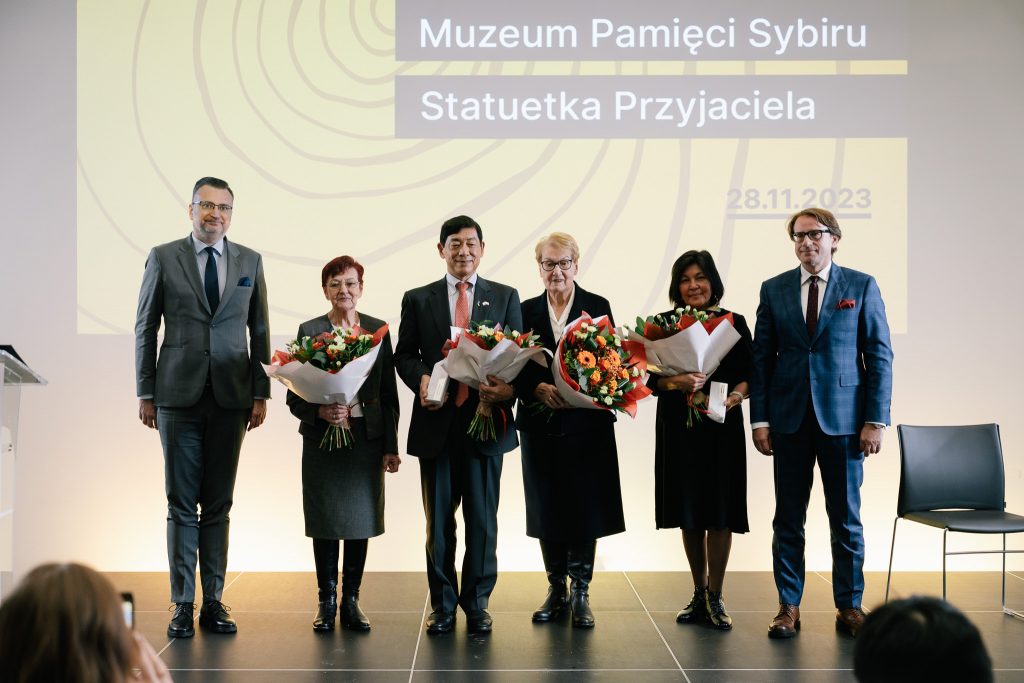
After taking a commemorative photo of the winners, there was a moment of music. The Lontano piano trio played ‘Four Seasons in Buenos Aires’ by Astor Piazzolla.
